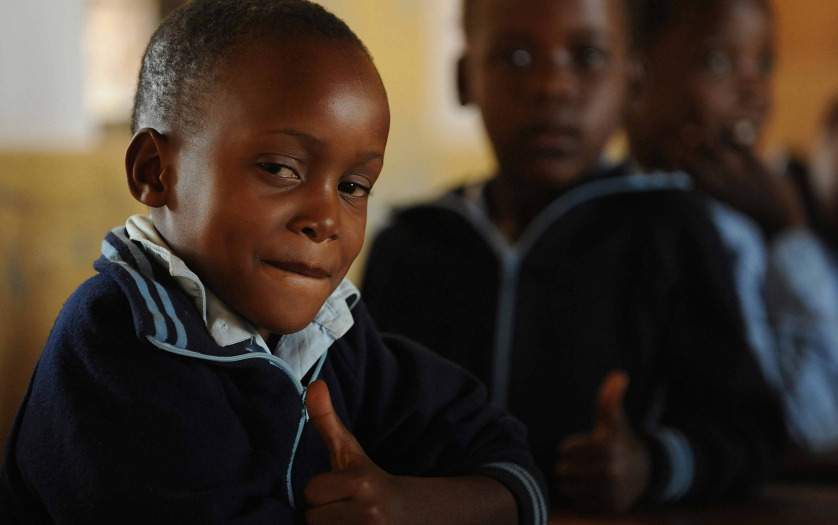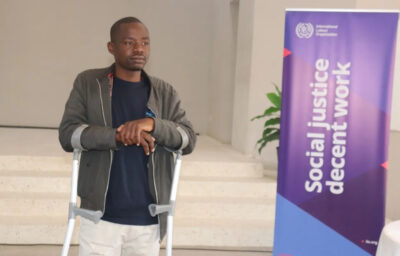
Children with intellectual and developmental disabilities have been severely affected during the coronavirus lockdown in Zimbabwe.
“Children with disabilities were abused during the COVID-19 lockdown as relatives and parents got weary of taking care of them.” said Nicholas Aribino, Director of Zimcare Trust.
“The closure of schools resulted in most children with cognitive disabilities usually taken care of by experts and social workers at Zimcare institutions growing restless due to lack of activity. Others were also affected by failure to access medication for ailments like epilepsy.” said Aribino
“These kids need psychosocial support, stimulation and mental health care, and lockdown at home is not the best environment for them,” Aribino said.
“Support for such children can be received from special schools with stimulation and different activities, but such kids are deprived of that kind of therapy during the lockdown.
“Children with cognitive challenges can have a disability which co-occurs with another disability. Some of our students have epilepsy, and about 30% to 35% of persons with intellectual challenges have diagnosis or concurrence, whereby what is visible is the physical disability, but they have another disability,” he said.
During the coronavirus lockdown, Aribino said most Zimcare students needed medication for different ailments like epilepsy, but the movement was restricted and affected treatment access. He said some of the children suffered from autism.
“The biggest problem was that social workers and programme officers for special institutions like Zimcare were not considered as essential services. We encountered a situation whereby our staff members who were going to distribute essential medication for children with intellectual challenges were turned back, the NewsDay reported.
“Most of these children have cerebral palsy, and they drool lots of saliva. It means there is a need for a bunch of face masks which will be constantly changed,” he said.
UNICEF reported on child disability and COVID-19 said for children with disabilities, homeschooling would require many resources, including assistive devices or an education curriculum that accommodate the child’s learning needs.








